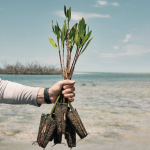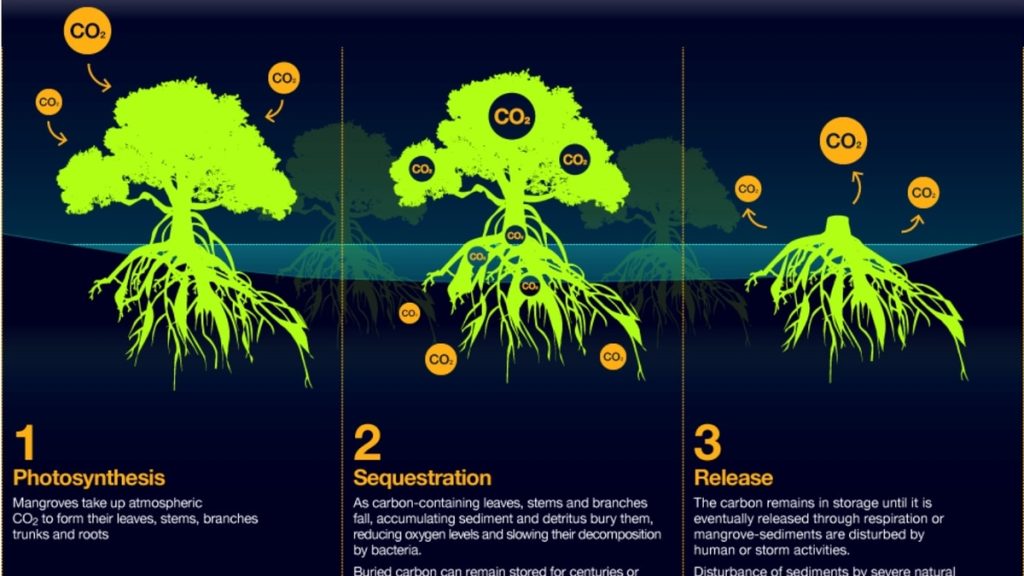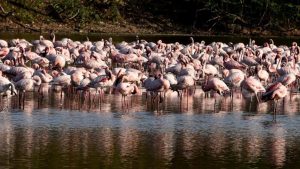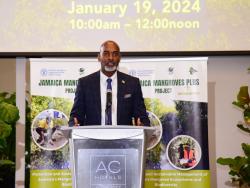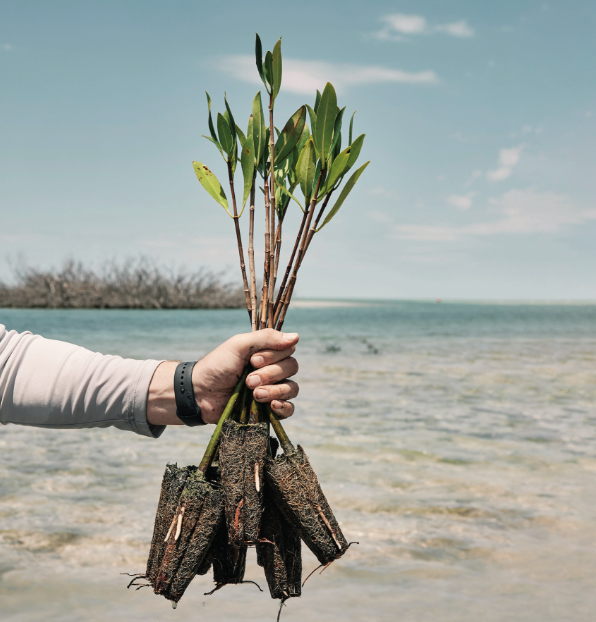Mangroves and Wetlands: Key for Carbon Sequestration and Climate Change Mitigation
Mangroves and wetlands are important for carbon sequestration and climate change mitigation. Freshwater-dominated mangroves emit more methane compared to seawater mangroves. Preserving and restoring these ecosystems can help reduce greenhouse gas emissions. A study suggests that mangroves and saltmarshes are twice as effective at sequestering carbon than previously thought. Carbon is exported to the ocean as bicarbonate and reduces ocean acidification. Mangroves are efficient at capturing and storing carbon. Conservation efforts and involving local communities are crucial for protecting wetlands and mangroves. Wetlands are disappearing due to agriculture and construction, but countries like India are taking initiatives to restore them. Blue carbon ecosystems have the potential to make a significant contribution to reducing emissions. However, a comprehensive approach that includes reducing emissions, ecosystem restoration, and conservation is necessary for effective climate change mitigation.
Mangroves and wetlands help mitigate climate change by sequestering carbon. Freshwater mangroves emit more methane than seawater mangroves. Preserving and restoring these ecosystems can reduce greenhouse gas emissions. A study says mangroves and saltmarshes sequester carbon twice as effectively as previously believed. Mangroves capture and store carbon efficiently. Protecting wetlands and mangroves requires conservation efforts and involving local communities. Wetlands are disappearing due to agriculture and construction, but India is restoring them. Blue carbon ecosystems can significantly reduce emissions. A comprehensive approach including emission reduction, ecosystem restoration, and conservation is needed for effective climate change mitigation.
